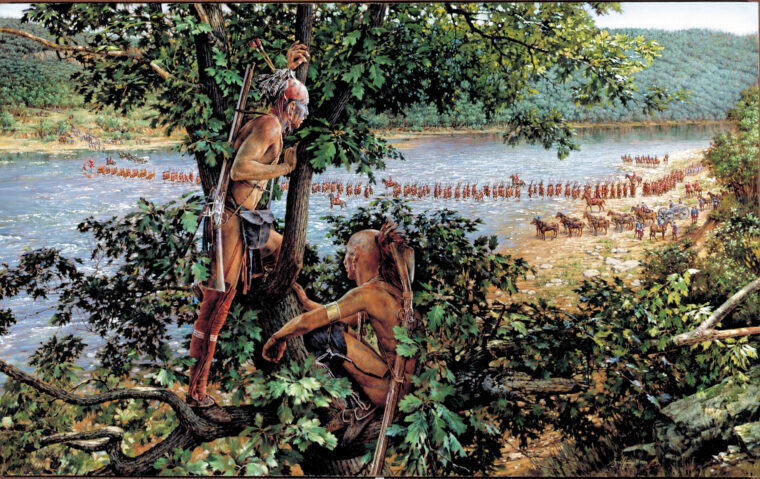
Alexandria
Major General Braddock’s March on Fort Duquesne
By Colonel John P. Sinnott AUS (Ret.)Seldom was the hand of fate so clearly exposed in the affairs of men as it did during the French and Indian War when Maj. Read more

Alexandria
Seldom was the hand of fate so clearly exposed in the affairs of men as it did during the French and Indian War when Maj. Read more
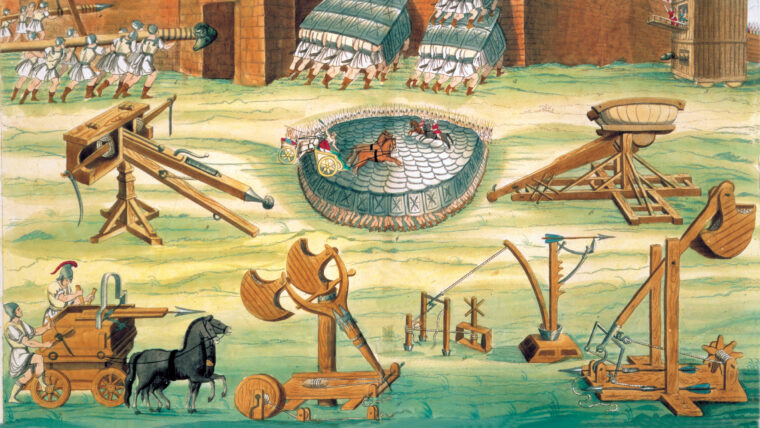
Alexandria
When we think “catapult,” we imagine the types of weapons used for hurling rocks, dead plague victims, or unlucky cows against a castle. Read more
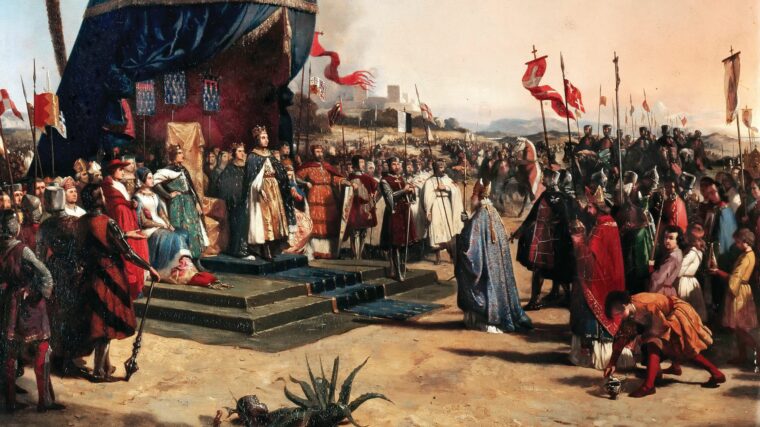
Alexandria
After a century and a half of efforts—with mixed success—by Western Europe to seize control of the Holy Land, the Seventh Crusade of 1250 led by Louis IX of France was the last best chance to change the political and military situation in the Eastern world before the Reformation. Read more
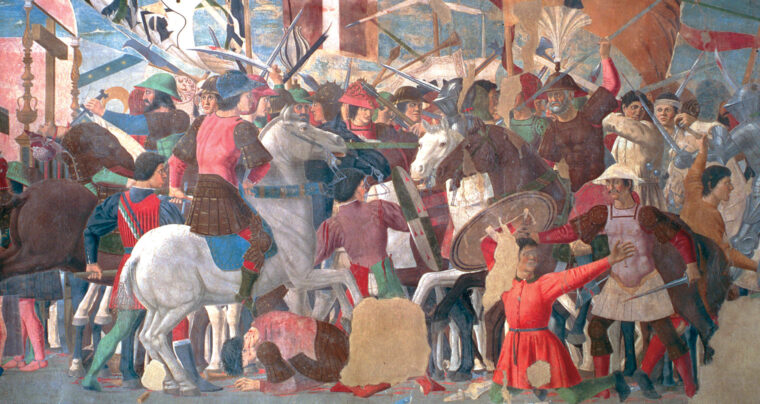
Alexandria
Byzantium, the successor state to ancient Rome, lasted over a thousand years. But it all could have been different because its first major enemy—Persia—was a fierce and determined competitor bent on the Empire’s demise. Read more
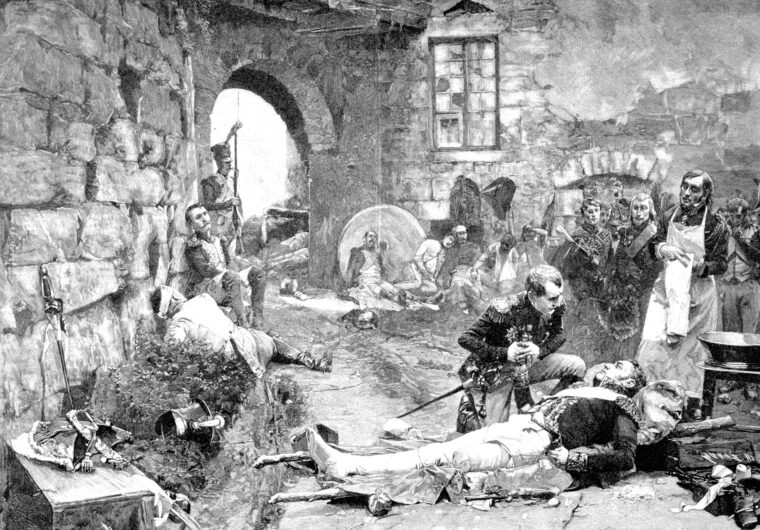
Alexandria
Of all the celebrated generals commanding corps in the Grande Armée, none was more highly esteemed by Napoleon for his friendship, generalship, and personal bravery than Marshal Jean Lannes. Read more
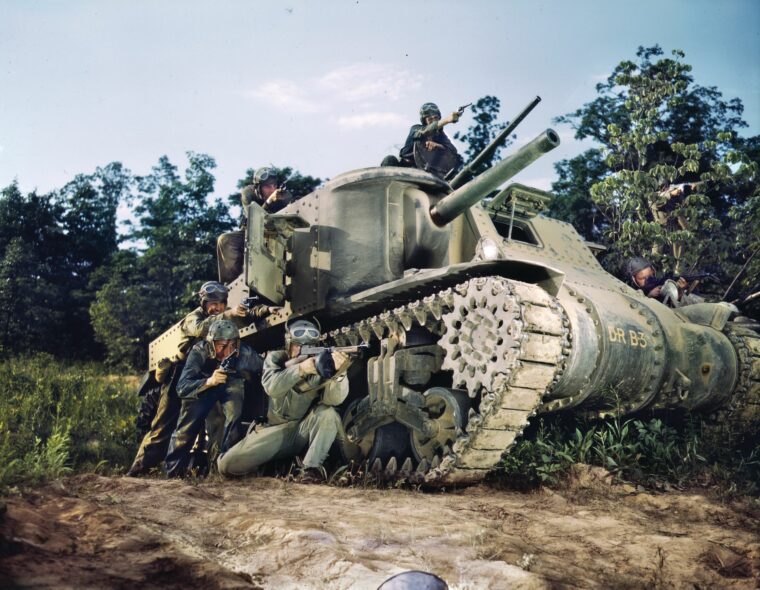
Alexandria
The United States had not yet entered World War II when Time magazine noted that the Army had created two new armored divisions. Read more
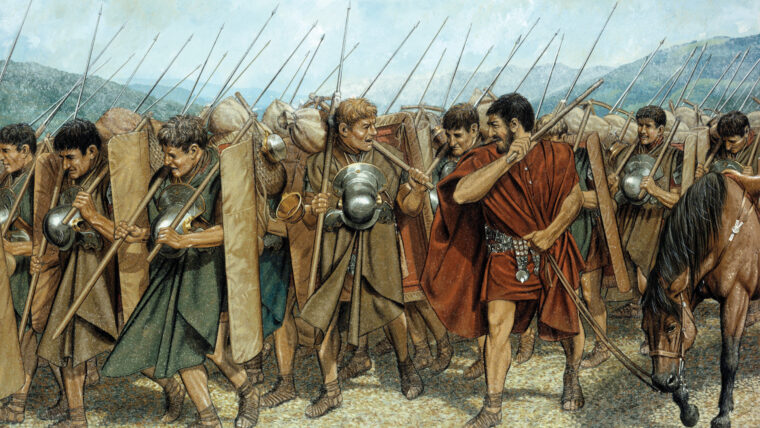
Alexandria
The snow-capped peaks of the Ceraunian Mountains stared down on the sturdy barks hunting for a suitable place to land on the coast of Epirus on January 5, 48 bc. Read more
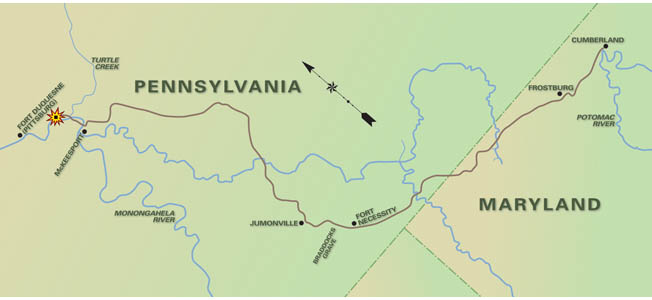
Alexandria
Braddock’s Road originally began at Cumberland, Maryland and ended with its tragically premature terminus a few miles short of Fort Duquesne. Read more
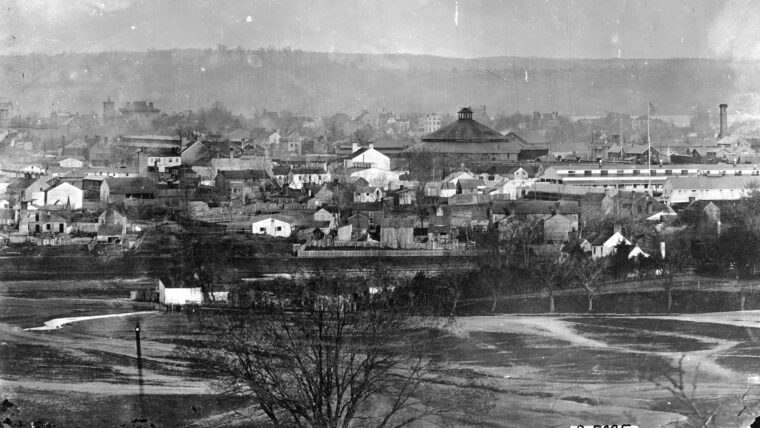
Alexandria
Under bright moonlight, Union troops marched into Alexandria, Virginia, on May 24, 1861, one day after Virginia seceded from the Union. Read more
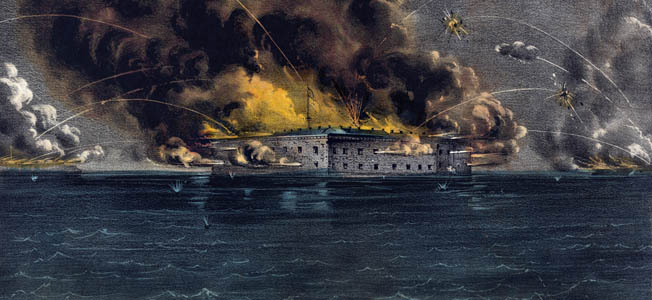
Alexandria
One of the catalysts for a major rebellion in the United States were irregular warfare in “Bleeding Kansas” from 1854 to 1861 between anti-slavery Free Staters and pro-slavery border ruffians. Read more
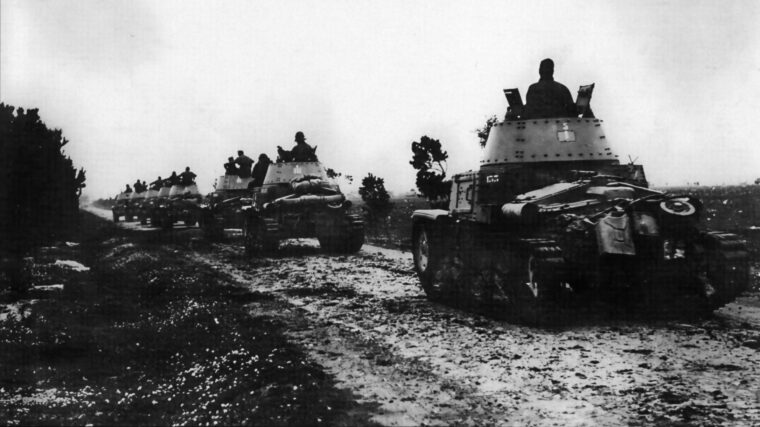
Alexandria
Bradley could have been referring to German General Erwin Rommel. While Rommel was winning the war of desert armor tactics during 1941-1942 in the North African Campaign, he was losing the war of logistics. Read more
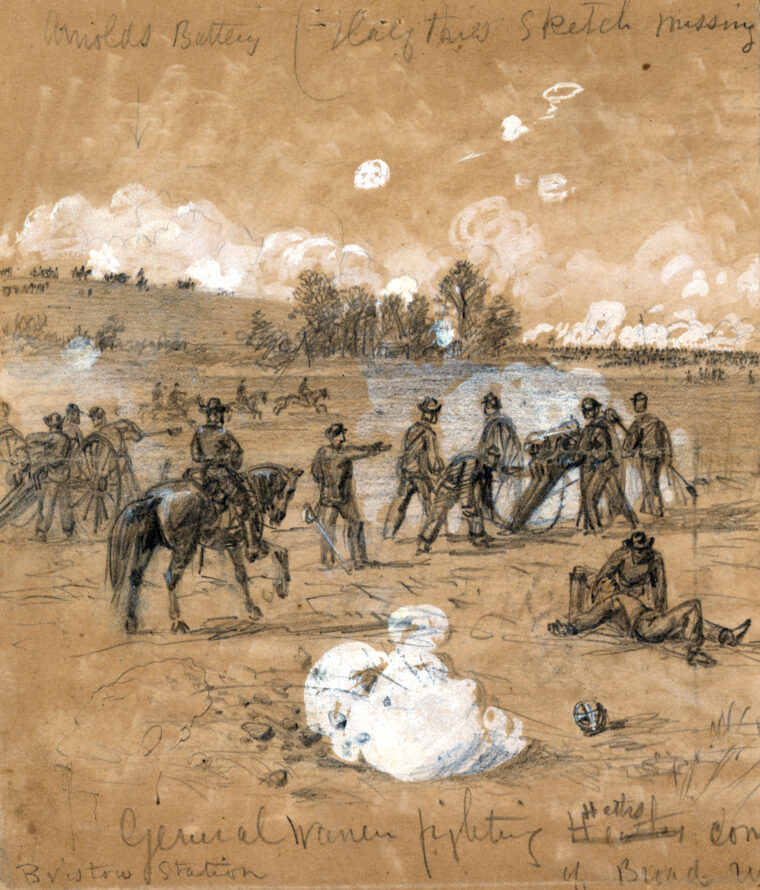
Alexandria
In late July 1863, after the conclusion of the Gettysburg campaign, the Union Army of the Potomac, under Maj. Read more
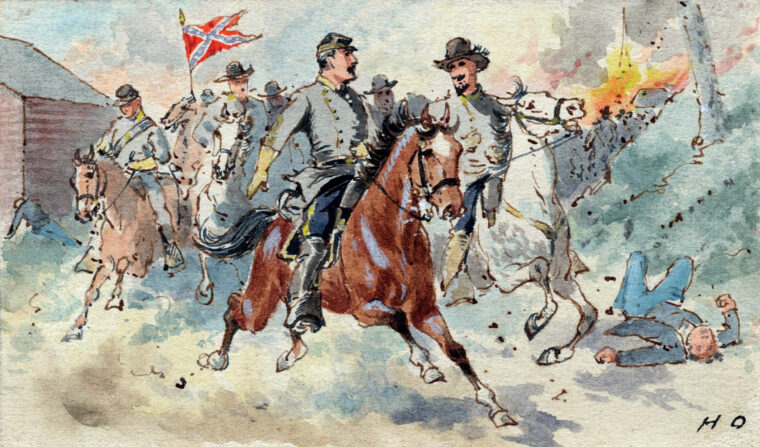
Alexandria
“It was a sad, sorrowful day,” recalled Confederate Major James McCreary, “and more tears of grief rolled over my weather beaten cheeks on this mournful occasion than have before for years.” Read more
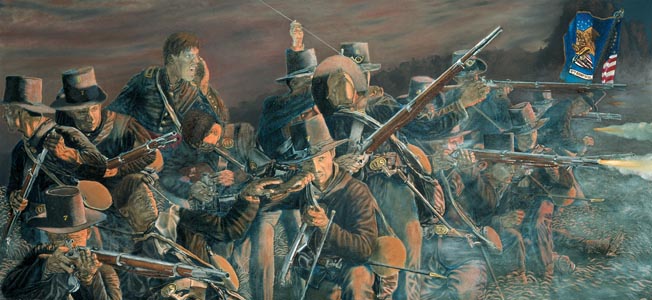
Alexandria
The ground around Manassas, Virginia, was not auspicious for Union Army forces in the first two years of the Civil War. Read more

Alexandria
In July 1939, Archibald Wavell was named General Officer Commanding-in-Chief (GOC-in-C) of Middle East Command with the rank of full general in the British Army. Read more
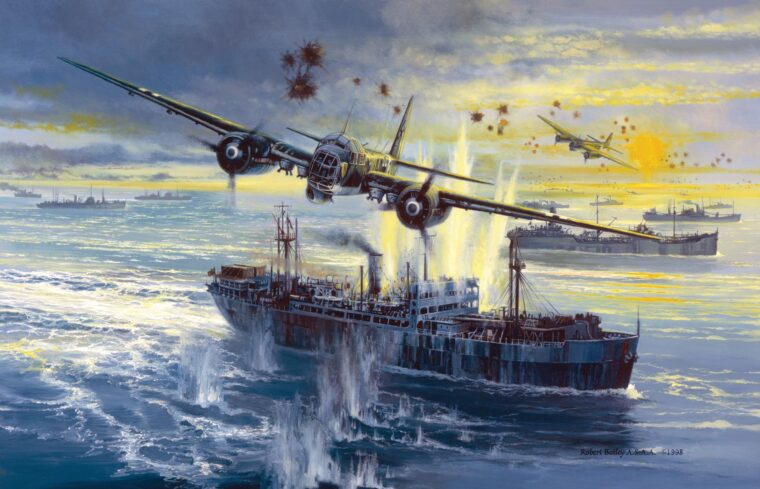
Alexandria
First Sea Lord Admiral Sir Dudley Pound stopped tapping his pencil on the oaken desk and slowly leaned backward in the oversized leather chair. Read more
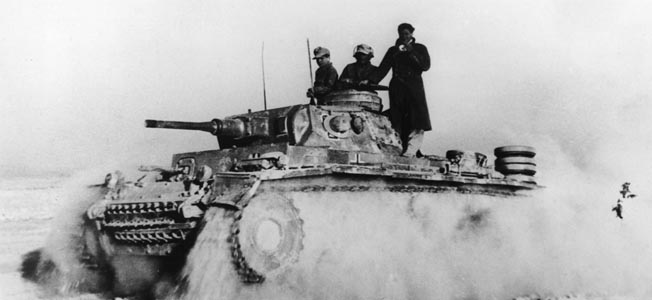
Alexandria
On April 15, 1942, Generaloberst (Colonel General) Erwin Rommel summoned his subordinate commanders of the Panzerarmee Afrika to a conference to outline his plans for the coming offensive against the British Eighth Army. Read more